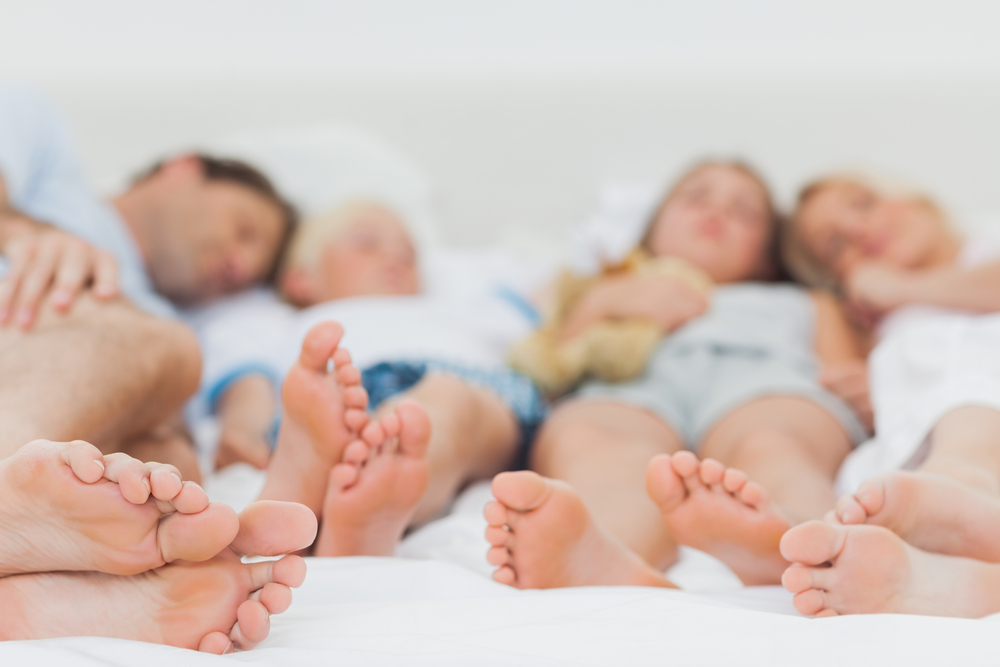Sleep Myths Debunked: 2
It’s no wonder there are so many myths about sleep.
Modern sleep research only really began in the middle of the 20th century, with the milestone discovery of REM sleep in the 1950s.
Before that, sleep was widely regarded as a ‘passive process’ and hence, not of great interest in terms of scientific inquiry.
When it comes to real ‘facts’ about sleep, this relative lack of empirical evidence, has, over the years led to a disproportionate amount of homespun advice, folk wisdom and old-wive’s tales.
There are many mysteries of sleep yet to be solved. The good news is, in the last few decades, science has been able to separate a lot of the fiction from fiction.
Over the next 11 days, we will explore some of the scientific research behind 33 of the most commonly held myths and misconceptions about sleep.
4: Snoring is harmless
According to the 2005 poll by the National Sleep Foundation, 32 percent of adults in America suffer from snoring at least a few nights per week. So you’d be forgiven if you thought such a common activity was relatively harmless and benign.
However, if you suffer from loud and chronic snoring, it could be a symptom of a serious, even life-threatening condition known as obstructive sleep apnea (OSA).
OSA is characterized by pauses in breathing whilst asleep which are caused by the airways becoming blocked. If left undiagnosed, OSA can reduce blood oxygen levels and put strain on the heart and respiratory systems, increasing the risk of high blood pressure, stroke and even a heart attack.
 5: Sleeping pills are harmless
5: Sleeping pills are harmless
Sleeping pills are amongst the most commonly prescribed drugs in the world. It is estimated that up to 10% of the US population was prescribed medication for sleep disorders in 2010.
But a recent large scale study has called for doctors to rethink the way we treat people with sleep disorders. ‘Hypnotic’ medications, which include common sleeping pills such tamazepan and zolpidem, were shown to be associated with a significantly higher risk of death and cancer. The report concluded that
“Receiving hypnotic prescriptions was associated with greater than threefold increased hazards of death even when prescribed <18 pills/year.”
6: You can get by with just 4 hours sleep
Margaret Thatcher, the former Prime Minister of the UK famously remarked in an interview that she only needed around 4 hours sleep a day to function properly.
Recently, scientists discovered a gene that may explain why some people can get by with a fraction of the amount of sleep most of us need, however this is thought to apply to only around 2-3% of the population.
The rest of us need on average between 7-8 hours each night to stay fit, healthy and alert during the day. The consequences of not getting enough sleep can be very serious indeed. Sleep deprivation can cause numerous negative side effects including heart disease, depression, weight gain to name a few.



